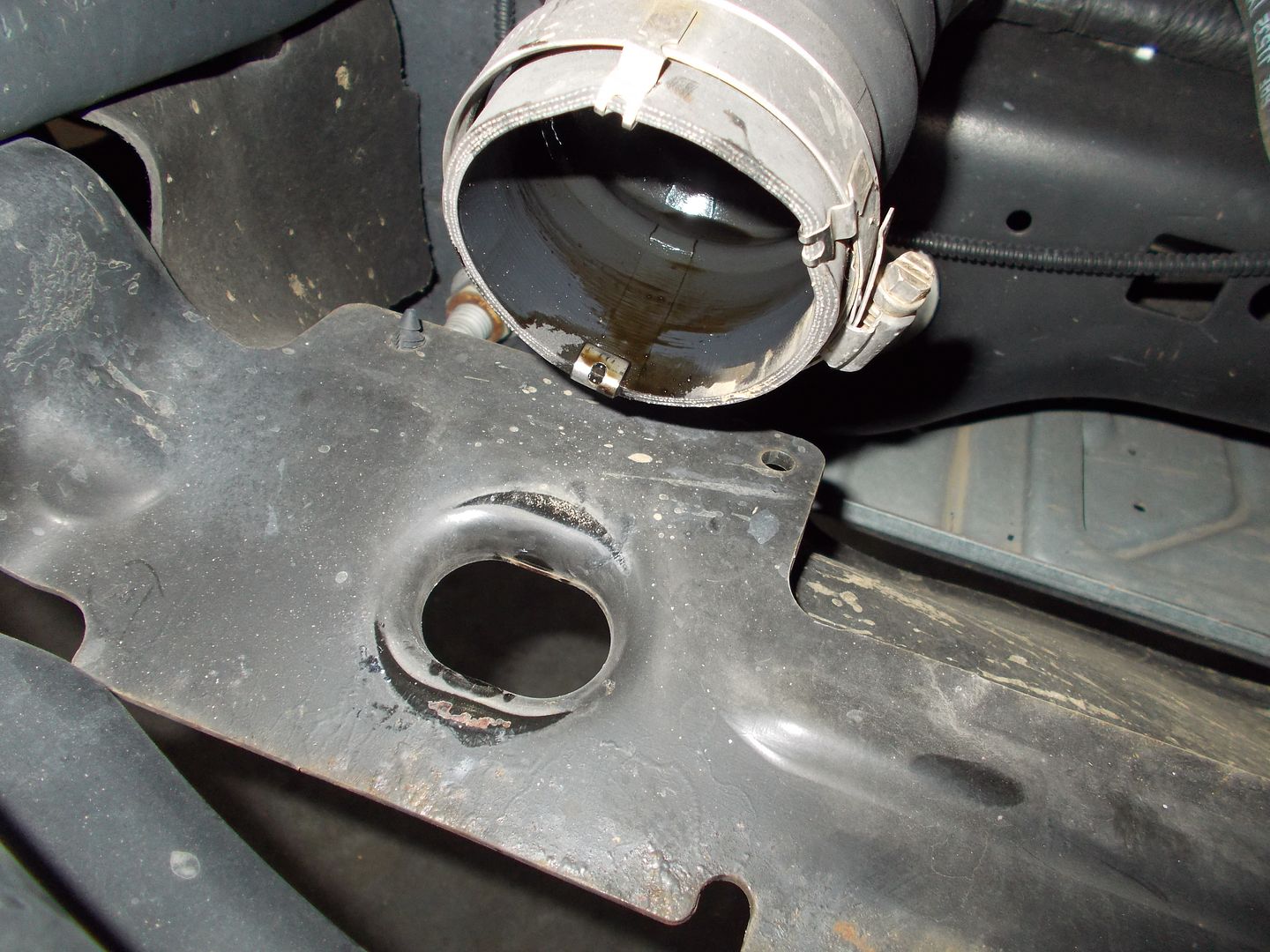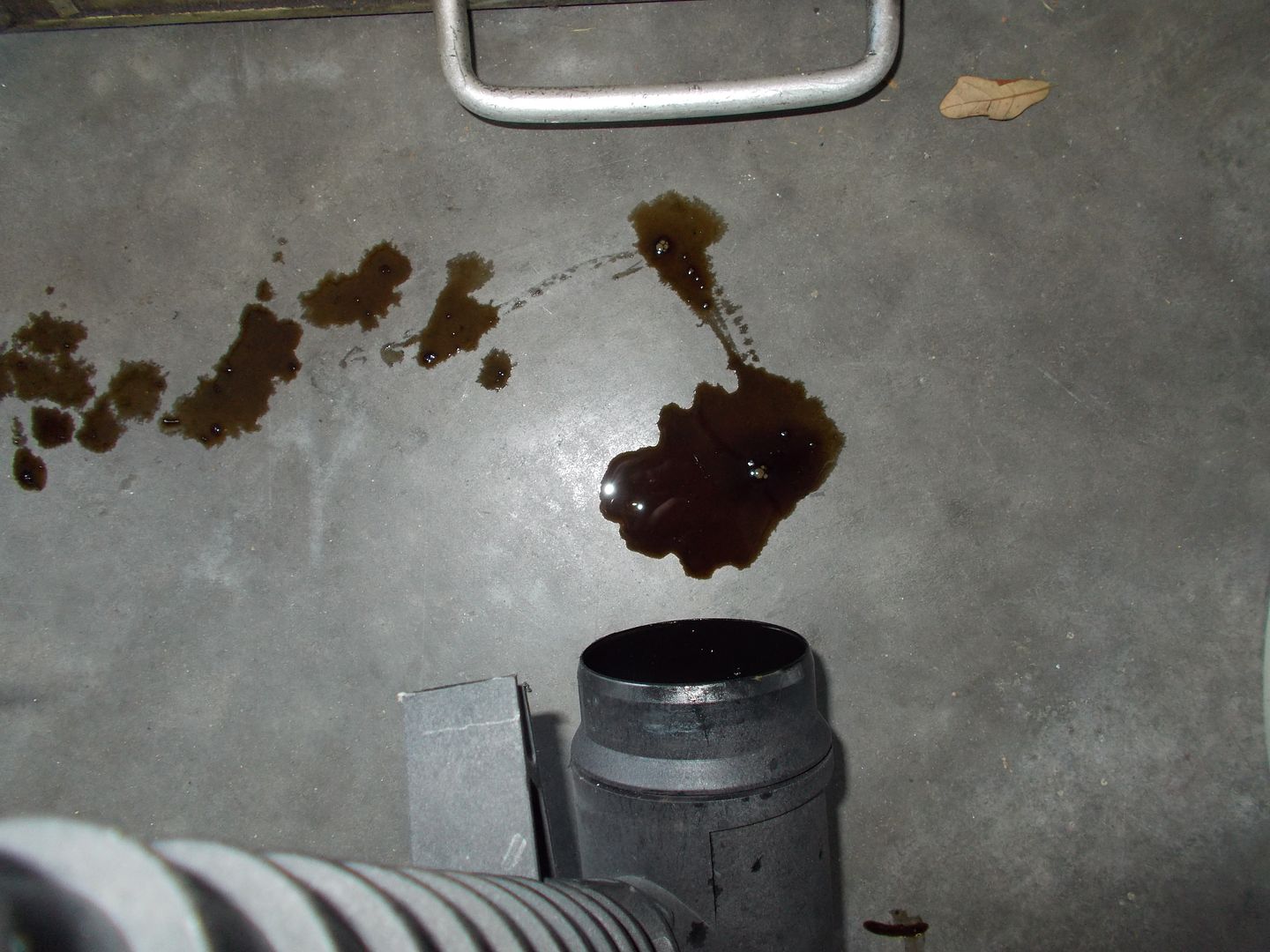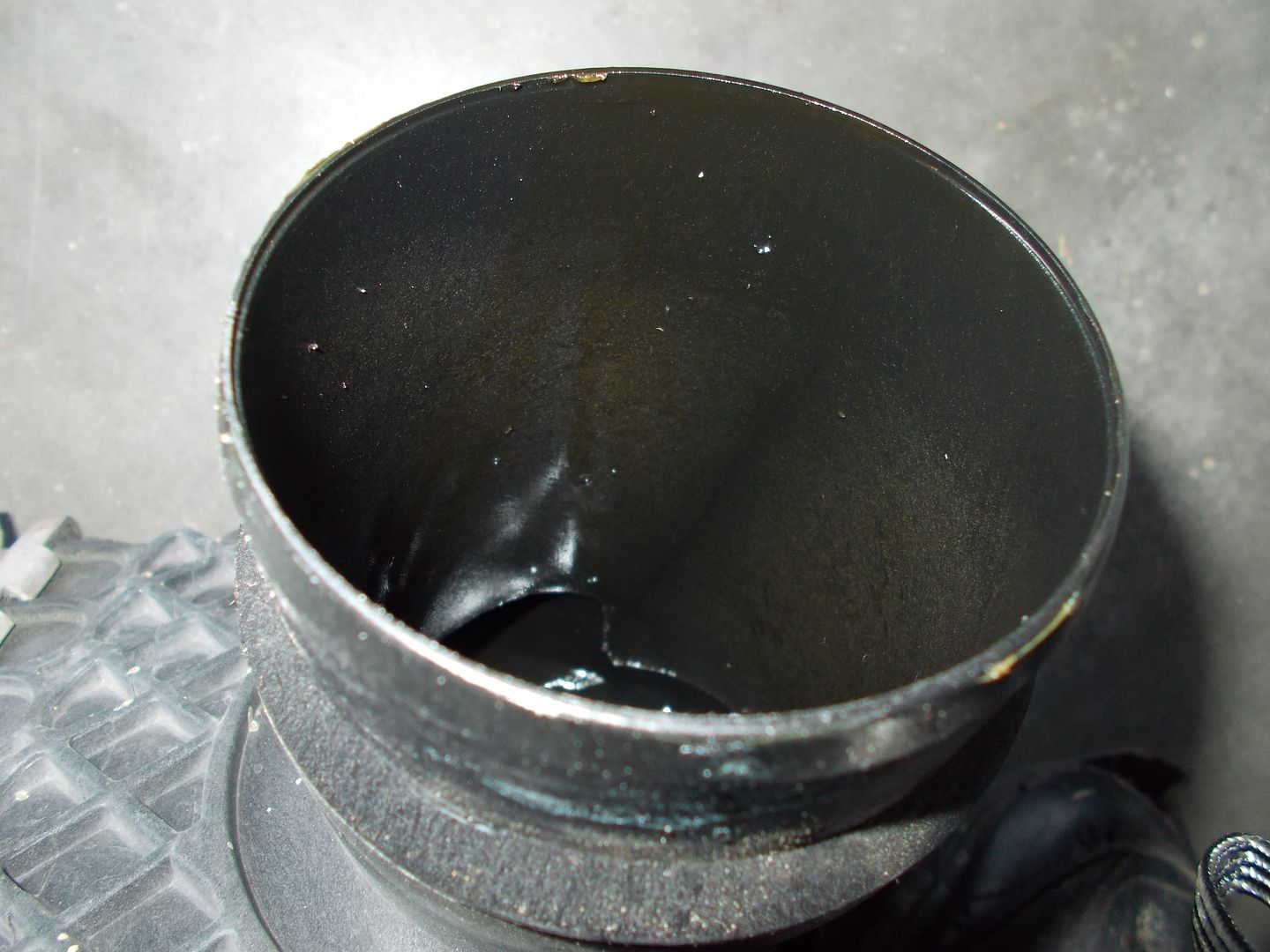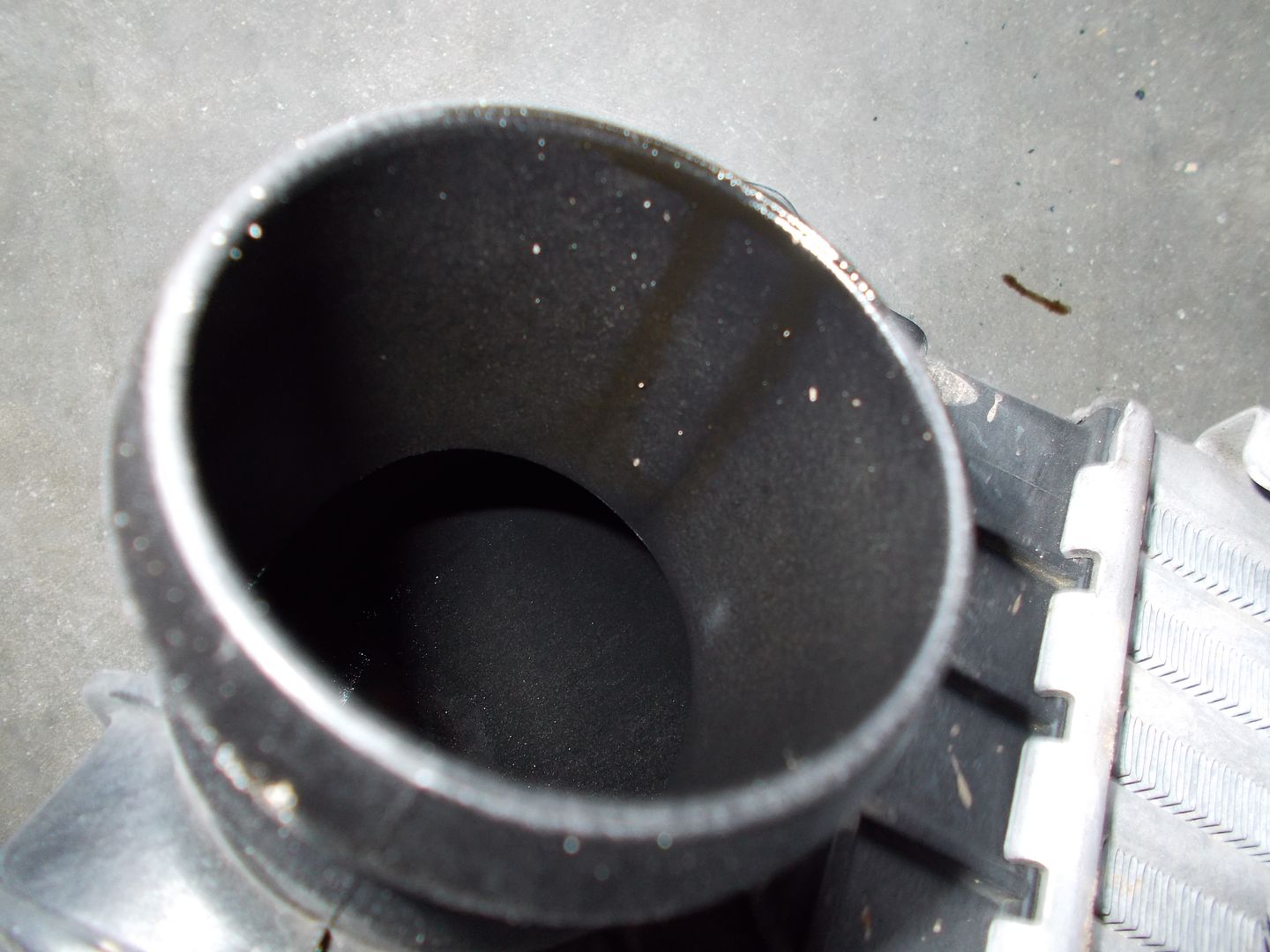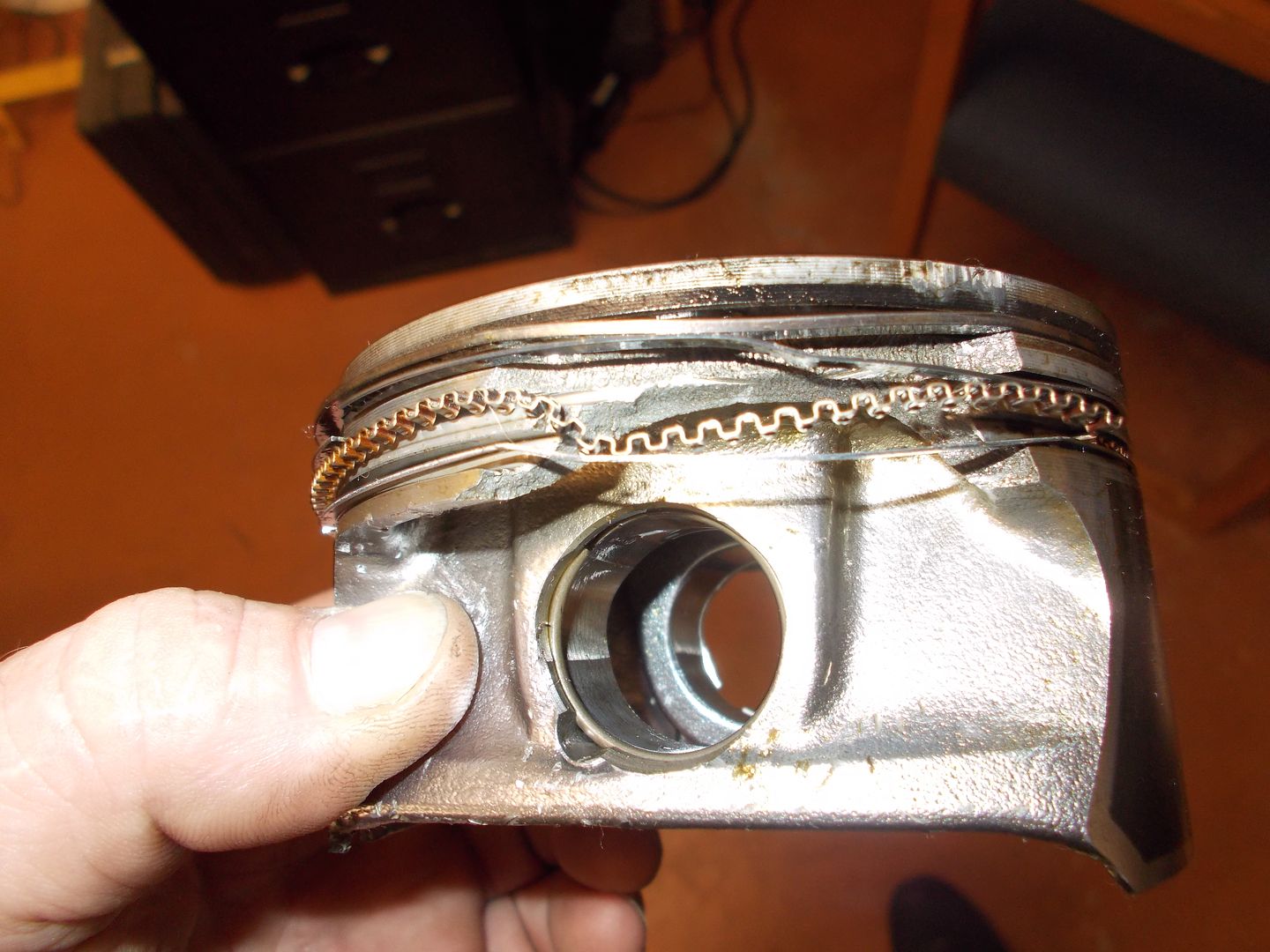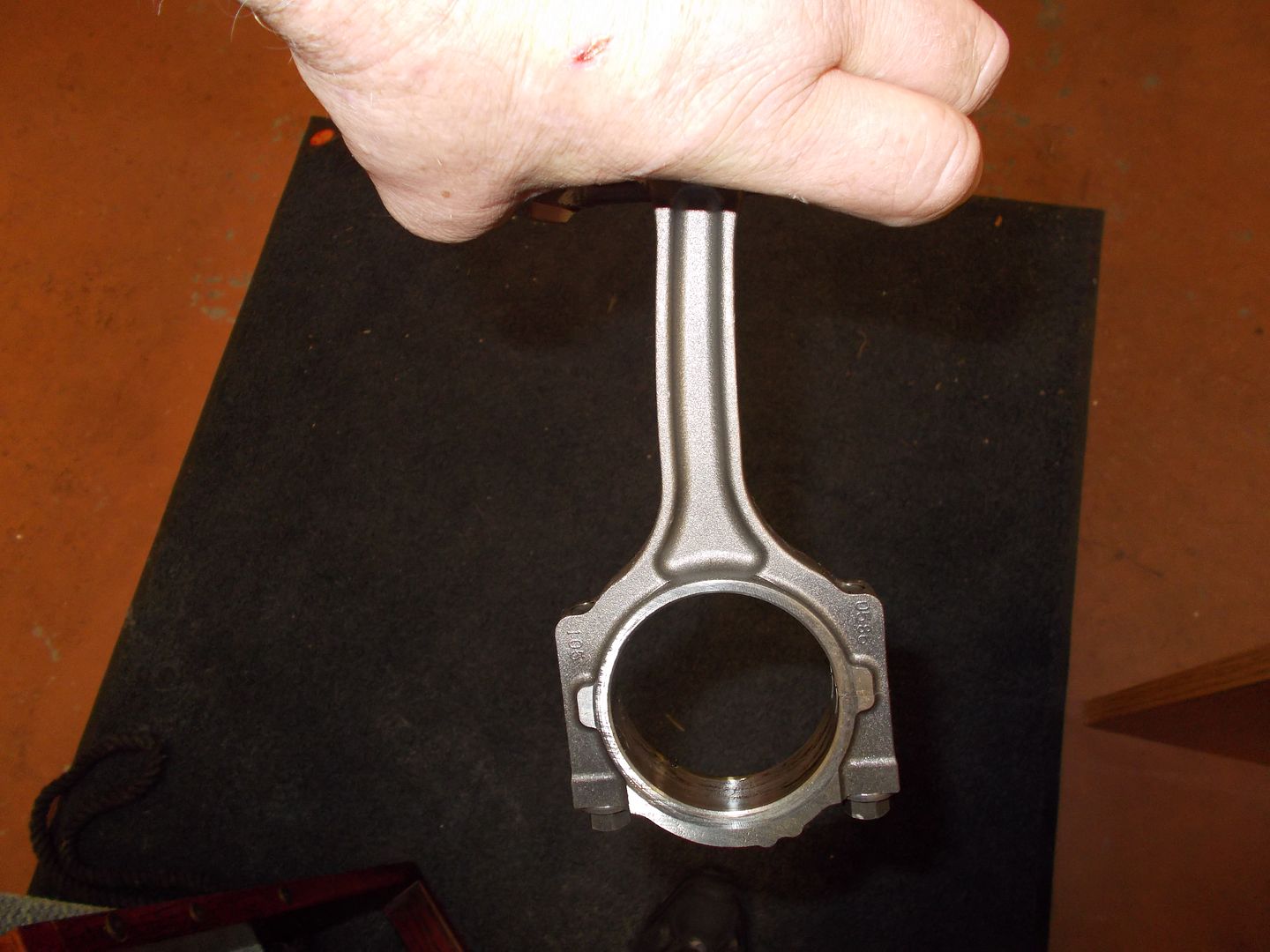bpd1151
Active member
LOL @ ShoBoat.....
I absolutely love your rationale as it relates to FMC installing Methanol Systems from the factory.
TunerBoost thank you for the continued replies & coorelating info.
Well articulated on your end as well. Bravo good sir! :clap2:
Please keep the community posted as to what ever you find out specifically with PainterPatt's installation, as well as any installation tips that you may have for each of the EB platforms.
Sent from my DROID RAZR HD using Tapatalk
I absolutely love your rationale as it relates to FMC installing Methanol Systems from the factory.
TunerBoost thank you for the continued replies & coorelating info.
Well articulated on your end as well. Bravo good sir! :clap2:
Please keep the community posted as to what ever you find out specifically with PainterPatt's installation, as well as any installation tips that you may have for each of the EB platforms.
Sent from my DROID RAZR HD using Tapatalk
